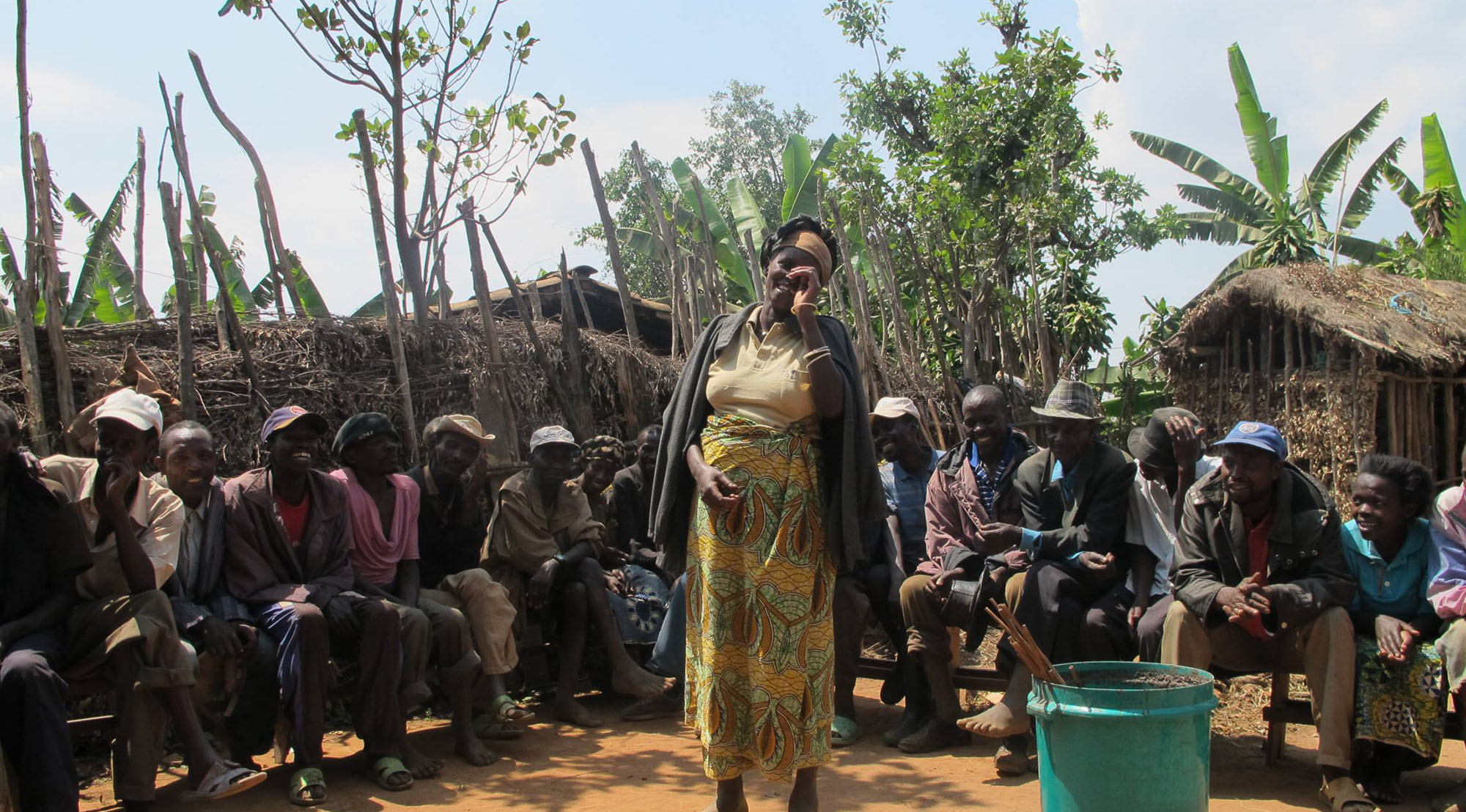Fragile contexts have become something of a specialism in terms of Swiss development collaborations. And this is why interpersonal aspects and the psychosocial approach are becoming increasingly important to specialists deployed in the regions concerned.
Fragile contexts represent some of the biggest obstacles in the fight against poverty and the peacebuilding process. This is the background to a study conducted by Unité in Rwanda and the Kivu region (Democratic Republic of Congo), which is concerned with the impact, risks, and opportunities for personnel deployed in fragile contexts.
There is of no standard definition of fragile contexts. Internationally, there is a recognition that countries whose state institutions are weak or unstable and whose populations are suffering as a result of severe poverty, violence, corruption, or political arbitrariness are to be classed as fragile. The study expands this concept by including the specific psychological and emotional factors which exist in fragile societies. Feelings of inferiority, victimization, and a lack of individual prospects are the forces which drive conflicts. In order to bring local communities together and mobilize them, dialog is absolutely essential. And this is where civil society organizations play a decisive role.
First and foremost, the organizations surveyed in the study do not need to borrow concepts from the global North as regards their peace and reconciliation work. They generally have a reasonable mastery of these already. The added value they see in collaboration with Swiss organizations is particularly associated with the interpersonal and cultural side of things.
In crisis contexts, there tends to be a climate of mutual mistrust and a tangible lack of relationships based on trust. This kind of context is evident not just within relationships between different groups or institutions, but also within their own structures. International specialists, who are not involved in local tensions, open up new options and create networks. And inspiration, a boost to the self-esteem of local workers, and a culture of planning and structures are just some of the important contributions these people make in the work they do with others.
Intercultural and interpersonal collaborations improve the human capital of individual people within their environment. They create space for emotional needs. And this is a prerequisite for better interpersonal relationships. In fragile contexts, psychological and emotional factors are particularly important. They have a significant influence on the situation. Psychosocial approaches are therefore very important in terms of transforming a conflict.
The study formulates further proposals for various measures, including, for example, how to work with the diaspora. The main finding of the study is that technical collaboration cannot be the only primary consideration. Deployments of personnel are all about direct contact between people.


